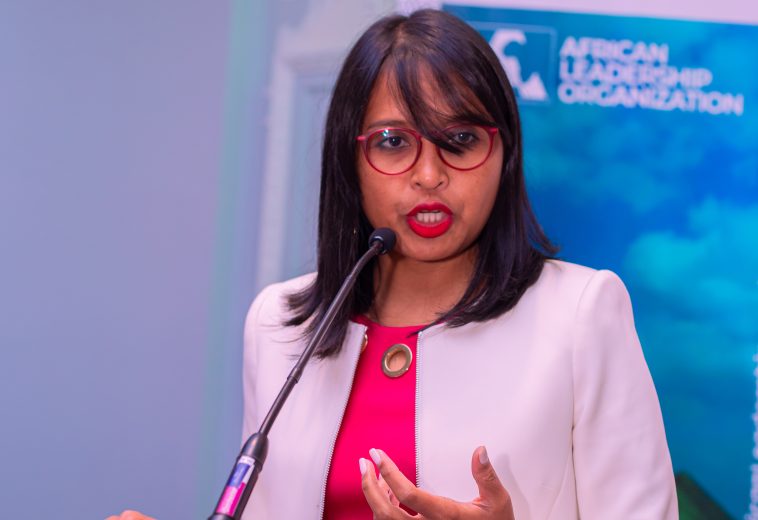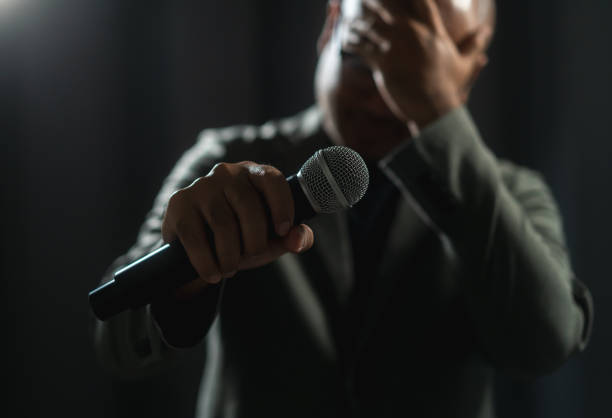Burkina Faso, once a haven of peace in West Africa, has been engulfed by the flames of armed conflict in recent years. Jihadist groups and ethnic violence have ravaged the nation, displacing families, shattering communities, and leaving a trail of devastation. Yet, amidst the despair, a chorus of resilience is rising. Survivors of this conflict, scarred but unbroken, are emerging as beacons of hope, determined to rebuild their lives and rekindle peace within their communities. This article delves into the stories of these courageous individuals, exploring their experiences, their unwavering spirit, and the crucial role they play in the nation’s path towards healing.
The conflict has had a devastating impact on civilian life. According to the United Nations, over 1.4 million people have been displaced, and thousands have been killed. Schools have been closed, healthcare services disrupted, and food insecurity has increased due to the destruction of agricultural livelihoods. The human cost of this conflict is staggering. Beyond the physical scars, the emotional trauma inflicted by violence runs deep. Survivors grapple with fear, anxiety, and the loss of loved ones.
Voices of Hope: Stories of Survival and Resilience
The situation in Burkina Faso remains precarious. Yet, the stories of Aïcha, Salif, Ibrahim, and countless others serve as a powerful testament to the human spirit’s resilience.
Aïcha, the Weaver of Hope: Aïcha, a mother of five from a village ravaged by jihadists, witnessed the brutal killing of her husband. Displaced and filled with grief, she refused to succumb to despair. Aïcha, with her skilled hands, turned to weaving as a means of therapy and income. Now, she leads a group of displaced women, teaching them weaving techniques and fostering a sense of community and purpose.
Salif, the Teacher Who Wouldn’t Quit: Salif, a schoolteacher in a conflict zone, refused to abandon his students despite the constant threat of violence. He adapted his teaching methods, holding classes outdoors when necessary and prioritizing psychosocial support alongside education. Salif’s dedication ensured that children continued to learn and dream of a brighter future.
Ibrahim, the Peacemaker: Ibrahim, a respected elder in a community fractured by ethnic tensions, emerged as a bridge between warring factions. Leveraging his wisdom and understanding of local customs, Ibrahim facilitated dialogue, fostered reconciliation efforts, and helped rebuild trust within the community.
Mariam, the Women Advocate: A 35-year-old mother of four, fled her village after jihadists attacked her village. She and her family fled to Ouagadougou, where they faced numerous challenges, including finding shelter and food for their children. Despite these, Mariam joined a local women’s cooperative, which provided support and vocational training. She learned sewing and started a small business. Mariam’s story exemplifies the resilience of many women who find ways to rebuild their lives despite losing everything. Her determination to provide for her children and contribute to her new community is a beacon of hope.
Ahmed, Rebuilding Roots: 45-year-old farmer, lost his land and livelihood after his village was attacked. He and his family found refuge in a community center in Fada N’Gourma. At the center, Ahmed and other displaced farmers created a communal garden, providing food for their families and fostering a sense of community and solidarity. Ahmed’s story highlights the importance of community support and collective action, offering a model of resilience and cooperation in the face of adversity.
Fatoumata, a 28-year-old artist from Kaya, used art to cope with the trauma of losing her family to conflict. She relocated to Bobo-Dioulasso and joined an art collective that focused on using art as therapy. Her paintings, depicting peace and unity, gained recognition and were showcased in local exhibitions. Fatoumata’s story demonstrates the power of art as a means of healing and expression, inspiring others affected by conflict and providing hope.
The Role of NGOs and International Organizations
NGOs and international organizations are playing a crucial role in Burkina Faso, providing essential services such as food, shelter, healthcare, and education to displaced populations. Doctors Without Borders (MSF) operates clinics in conflict-affected regions, offering medical care to injured or diseased individuals. NGOs also provide psychosocial support and trauma healing programs to help survivors cope with their experiences and rebuild their lives. The International Rescue Committee (IRC) runs programs focusing on mental health and psychosocial support for displaced persons, including counseling, support groups, and recreational activities. Economic empowerment and livelihood programs are implemented by NGOs, providing vocational training, microfinance opportunities, and support for small businesses. Oxfam’s programs in Burkina Faso focus on improving food security and supporting livelihoods, providing training in sustainable agricultural practices and helping displaced farmers restart their agricultural activities.
However, the path forward for building peace and stability in Burkina Faso involves several key strategies. First, strengthening governance and security is crucial for long-term peace and stability. The Burkinabe government, with international support, has launched initiatives to improve security and governance in conflict-affected regions. Second, promoting social cohesion and reconciliation is essential for healing divisions caused by the conflict. Local peace committees made up of community leaders, religious figures, and representatives from various ethnic groups, mediate conflicts and promote dialogue. Third, investing in education and youth empowerment is key to breaking the cycle of violence and building a more peaceful future. UNICEF’s education programs in Burkina Faso focus on providing access to quality education for children in conflict-affected areas.
Storytelling and advocacy play a vital role in raising awareness about the plight of conflict survivors and mobilizing support for their needs. Human Rights Watch reports document human rights abuses and the impact of armed conflict in Burkina Faso, bringing global attention and advocating for international action to protect civilians and support survivors. Empowering survivors to tell their own stories is a powerful tool for healing and advocacy. Survivor testimonies, shared through media outlets, social media, and public forums, provide a firsthand account of the conflict’s impact, humanizing statistics and highlighting the resilience and strength of survivors.
The armed conflict in Burkina Faso has brought immense suffering to millions of people. However, amidst the violence and displacement, stories of hope and resilience emerge from the survivors. Their voices, filled with determination and courage, offer a powerful testament to the human spirit’s ability to endure and overcome adversity. As we listen to the voices of hope from Burkina Faso’s survivors, we are reminded of the importance of solidarity, compassion, and action. Their stories inspire us to work towards a world where peace and stability are not just aspirations but realities for all.


